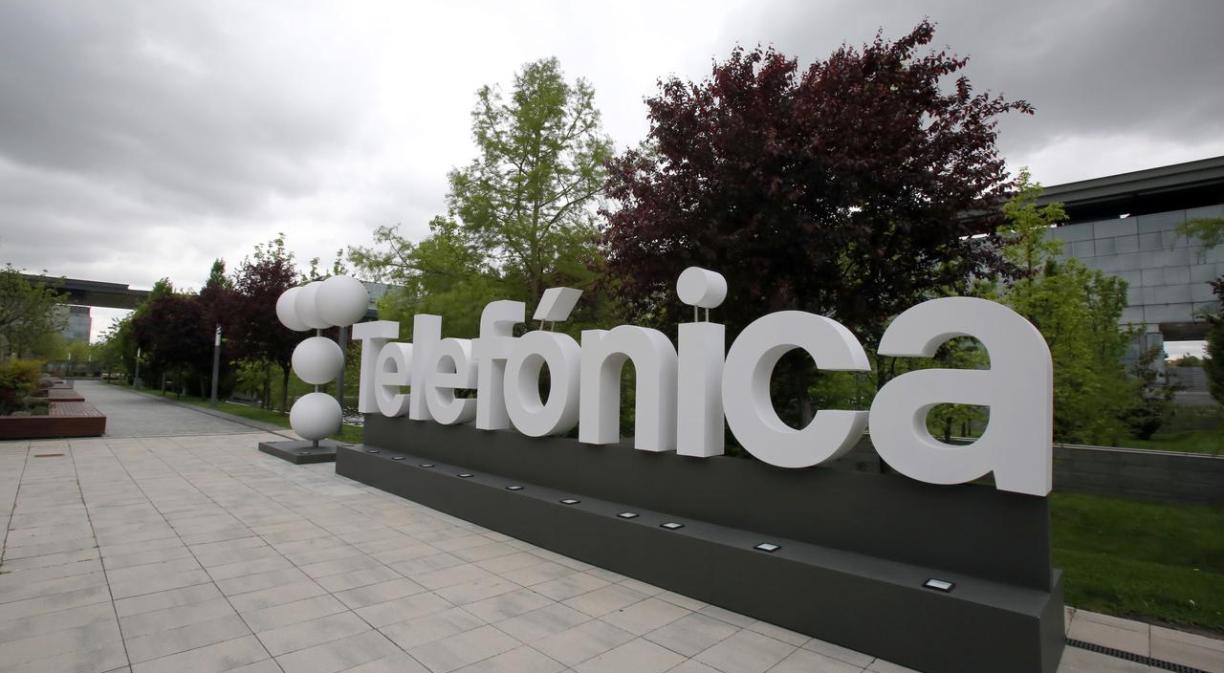Throughout human history, there have been years that have marked societies. Therefore, 2020 will be remembered as the year when everything changed, as an unprecedented boost on the road to digital transformation and connectivity. The origins of today’s telecommunications can be traced back almost 100 years. Let’s see what happened the year Telefónica was founded.
A year of major sporting events
In 1924, a long way from the birth of champions such as Rafael Nadal, on 25th of January in this year, Telefónica was founded, and the first Winter Olympic Games were inaugurated Olympic Winter Games in the French town of Chamonix. The Alpine city hosted 10,004 paying spectators and a total of 260 athletes, 13 of whom were women. Initially, the event was called “International Winter Sports Week”, but it was not until 1926 that the name was changed to the Winter Olympic Games.
Still in France, the 7th Olympic Games of the Modern Era opened shortly afterwards in May, this time in Paris. On this occasion, almost 3,000 athletes from 44 countries came together.
That same year, 1924 ended with what was to become one of the most symbolical events of 31st December, and which today covers a distance of 15 km. In the city of São Paulo, Brazil, the first San Silvestre Race was held. Although it did not arrive in Spain until 1964, it was then held in the Madrid neighbourhood of Vallecas. Since then, the Vallecana has been an unmissable event that brings the year to an end.
The artistic and cultural universe of 1924
On 10th January, the art world welcomed the birth of Eduardo Chillida in San Sebastian. After beginning his studies in architecture and drawing at the Círculo de Bellas Artes in Madrid, the Spanish sculptor moved to Paris in 1948 and produced his first plaster sculpture, Forma. On his return to the Basque Country in 1951 he made Ilarik, his first iron sculpture.
Since he won the International Sculpture Prize at the Venice Biennale in 1958, his international reputation had grown steadily.
Chillida died in 2002, but his works are already part of the landscape in which they are installed, such as “El peine del viento”, in his native San Sebastián, “El elogio”, in Gijón or the “Mesa de Omar Khayyam IV“, which arrived at the Telefónica District in December 2020. This is one of the most outstanding works by the Basque artist in the Telefónica Art Collection, whose collection includes more than 1,000 works, including several of the sculptor’s works.
In the same year in which Telefónica was founded, the German film director Fritz Lang premièred the film “The Nibelungen” in Berlin, and one of the most iconic actors of the seventh art was born. On 30th September, Marlon Brando was born, who would fill the screen with his talent in films such as “A Street Car Named Desire” and “The Law of Silence”, for which he won his first Oscar. His second statuette came with his performance in Ford Coppola’s “The Godfather”.
Another birth to celebrate was that of journalist and writer Truman Capote. The author of such iconic novels as “Breakfast at Tiffany’s”, which was also made into an iconic film, was born on 30th September in New Orleans, USA. Capote changed the way of writing novels with his “In Cold Blood”, with this “non-fiction novel”, as Capote himself christened it.
Meanwhile, on 26th April, the Czech writer Franz Kafka died. Tuberculosis took away one of the key authors of world literature. Although titles such as “The Doom” and “The Metamorphosis”, his most famous work, were published before his death, other major titles such as “The Trial” did not see the light of day until 1925, after the author’s death.
But… What happened the year Telefónica was founded in the world?
On 19th April 1924 in Madrid, the Compañía Telefónica Nacional de España, known by its initials CNTE, the origin of Telefónica, was founded. At the time of its creation, it was represented by 2,000 shares, with the US company ITT as its main shareholder. CNTE had its first head office in Madrid, in Avenida del Conde de Peñalver (now Gran Vía), but it was not until 1930 that it moved to the iconic skyscraper designed by the architect Ignacio de Cárdenas, today the headquarters of the Telefónica Foundation.
At this time Europe was going through a politically turbulent time after the end of World War I, and in Russia they were living post the death of Lenin. After the death of the Soviet leader, the city that was then called Petrograd, now known as St. Petersburg, was renamed Leningrad.
Other large companies also emerged in 1924. Among the most symbolic are the film studios Columbia Pictures Industries, Inc. and Metro-Goldwyn-Mayer, the household appliance manufacturer Teka and the fashion company Belstaff.
Leisure has evolved a lot in the last almost 100 years too. Nowadays there are many mobile applications for doing crosswords, but this pastime has its origins in the first book of crosswords published in 1924 by the New York publisher Simon & Schuster. And it was a great success!
And Spain ended the year with the inauguration of the first metro line in the city of Barcelona, between Lesseps and Catalunya. This project began to be designed in 1921, and took its first steps with a four-station route that covered 2,714 metres and passed through Diagonal and Aragó, today’s Passeig de Gràcia.
Knowing what happened in the year in which Telefónica was founded helps to better understand today’s society.
